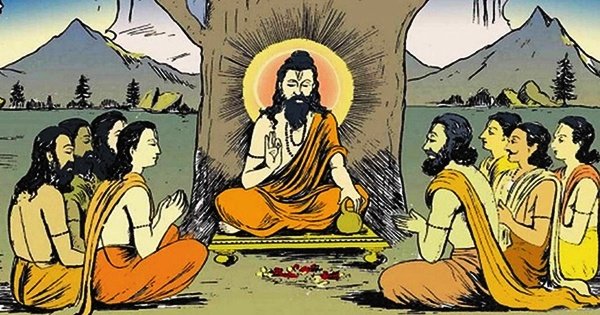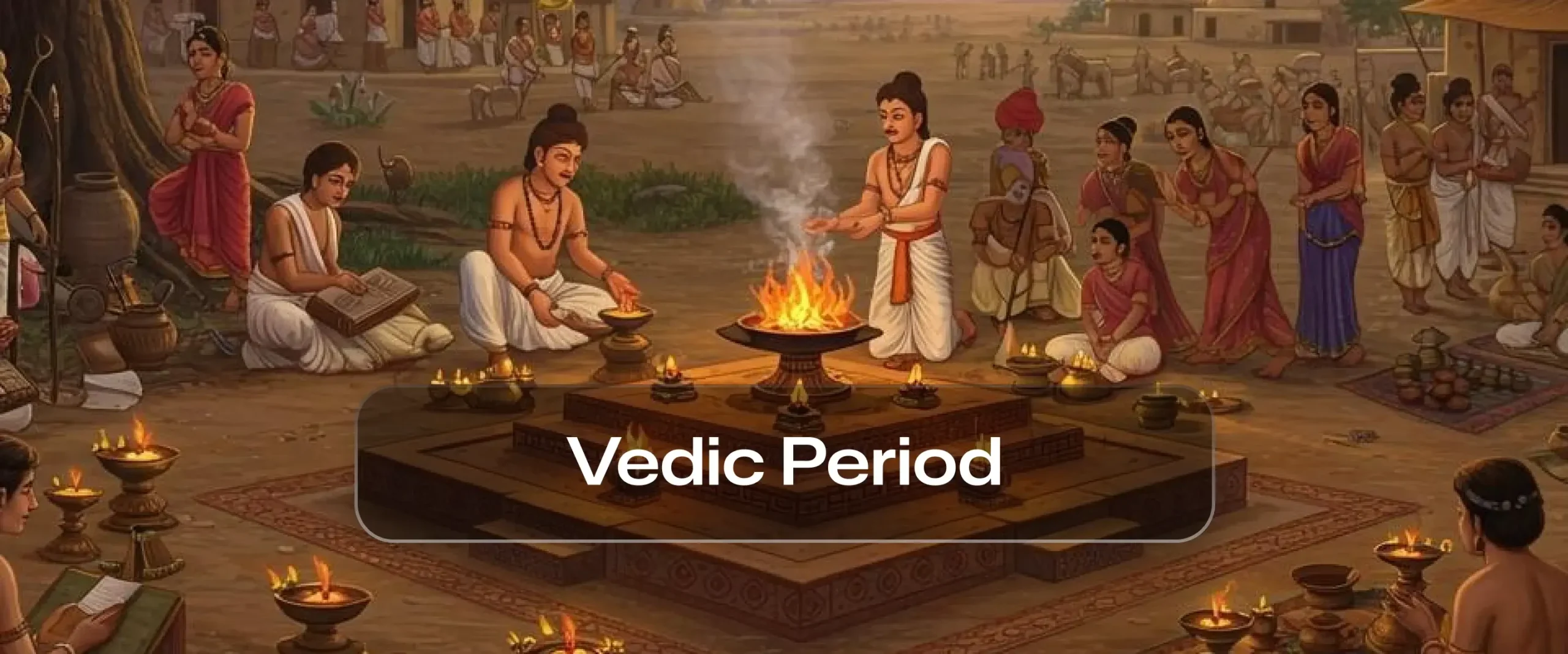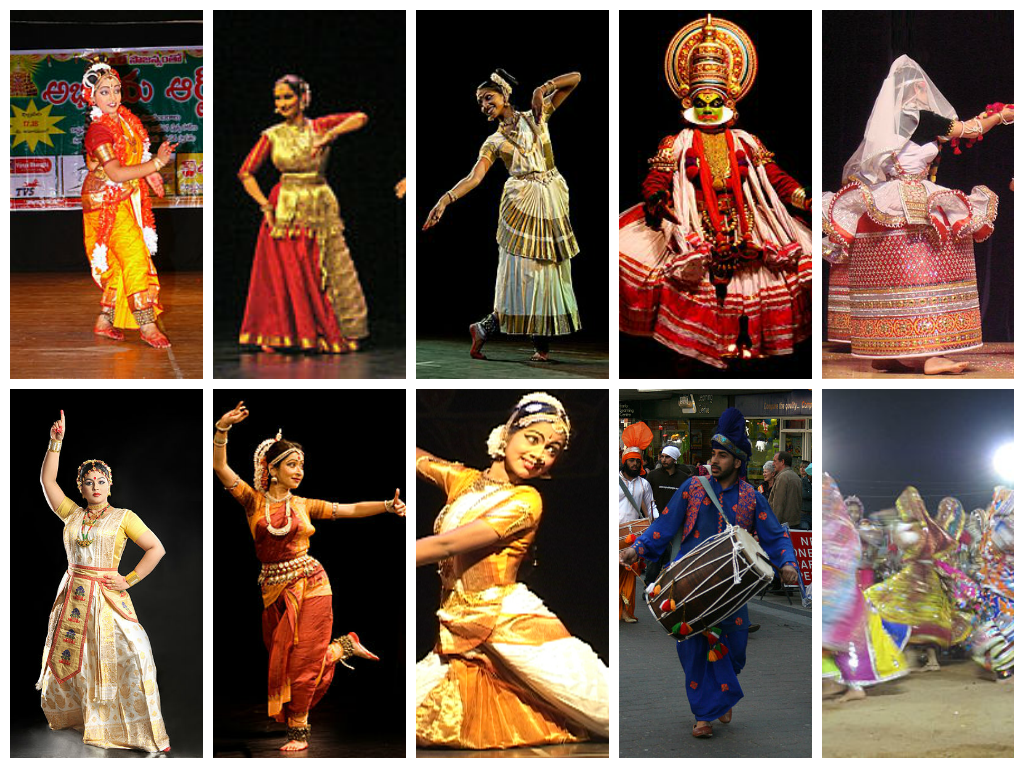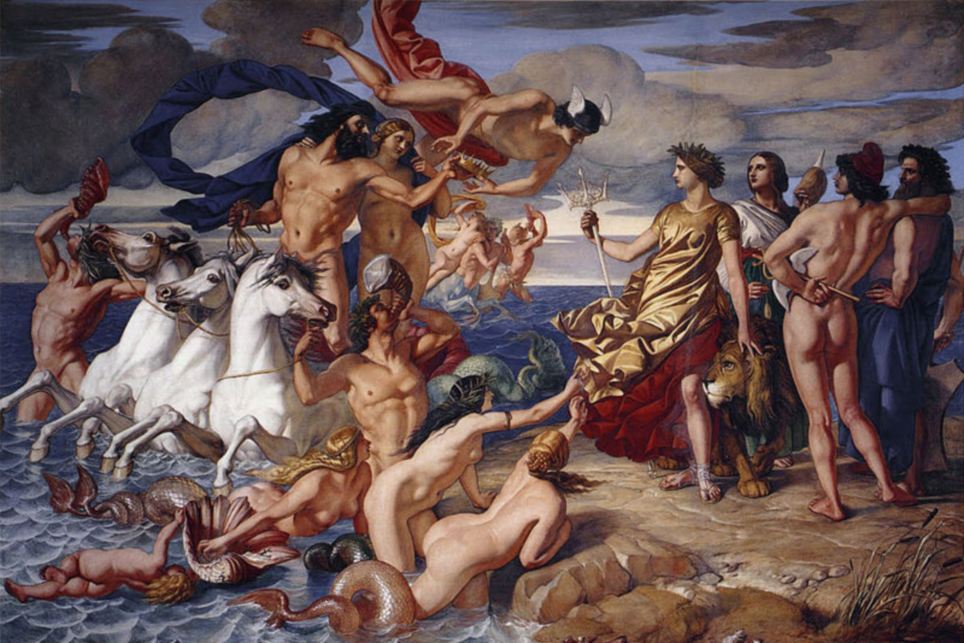The Vedic Civilization, also known as Arya Sabhyata, is one of the oldest and most influential civilizations in the history of India. Emerging around 1500 BCE, this civilization laid the foundation for Indian culture, religion, and social organization. Centered around the Indus Valley and the northern plains of India, the Vedic people, or Aryans, brought with them unique traditions, beliefs, and knowledge systems that continue to shape Indian society.
Origins and Early Settlements
The Vedic Civilization is believed to have originated with the Aryans, nomadic tribes who migrated to the Indian subcontinent from Central Asia. They settled near fertile river valleys such as the Saraswati and Ganges, which provided ideal conditions for agriculture and livestock farming. These early settlements evolved into communities that were organized around clans and tribes, each led by a chief or king known as a Raja.
Vedas – The Foundation of Knowledge
The most significant contribution of the Vedic Civilization is the Vedas, a collection of sacred hymns, prayers, and rituals. Composed in Sanskrit, these texts include the Rigveda, Samaveda, Yajurveda, and Atharvaveda. The Vedas provided spiritual guidance, moral values, and instructions for rituals. They also contained knowledge of astronomy, mathematics, medicine, and philosophy, reflecting the Aryans’ advanced intellectual pursuits.

Society and Social Structure
Vedic society was organized into a hierarchical system known as the Varna system. This social structure divided people into four main groups: Brahmins (priests and scholars), Kshatriyas (warriors and rulers), Vaishyas (traders and farmers), and Shudras (laborers and servants). The society emphasized family, community, and moral conduct, with a strong focus on Dharma, or righteous living.
Religion and Rituals
Religion played a central role in Arya Sabhyata. The Vedic people worshiped natural forces and deities such as Indra, Agni, Varuna, and Soma. Rituals and sacrifices, known as Yajnas, were performed to appease these gods and ensure prosperity. Over time, these religious practices evolved into complex philosophical systems that later influenced Hinduism, Buddhism, and Jainism.
Legacy of Vedic Civilization
The Vedic Civilization laid the foundation for Indian culture, philosophy, and governance. Its contributions to language, literature, science, and spirituality have had a lasting impact on India and the world. By studying Arya Sabhyata, we gain insight into the rich heritage, values, and intellectual achievements of one of humanity’s earliest civilizations. The legacy of the Vedic people continues to inspire generations even today.
State Wise Food Culture in India
![]()





